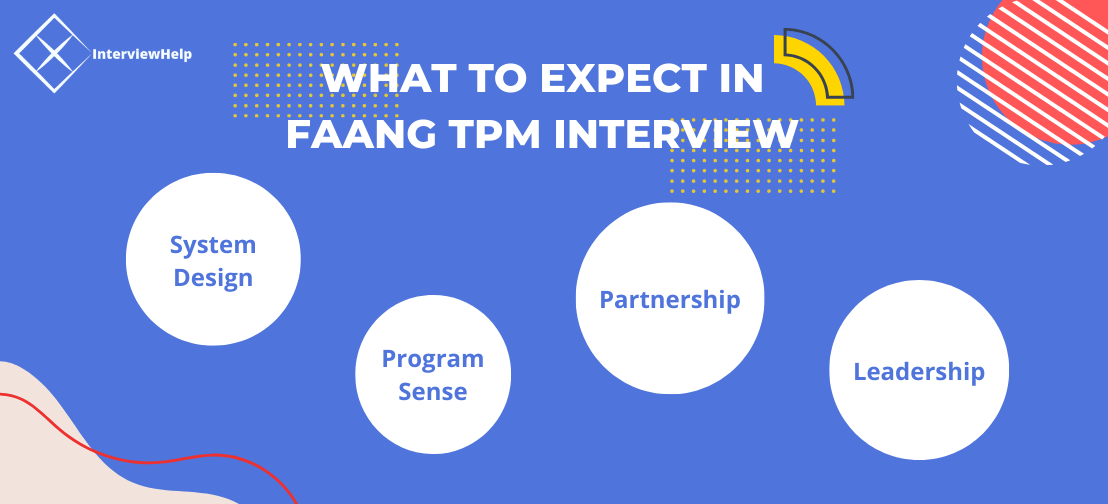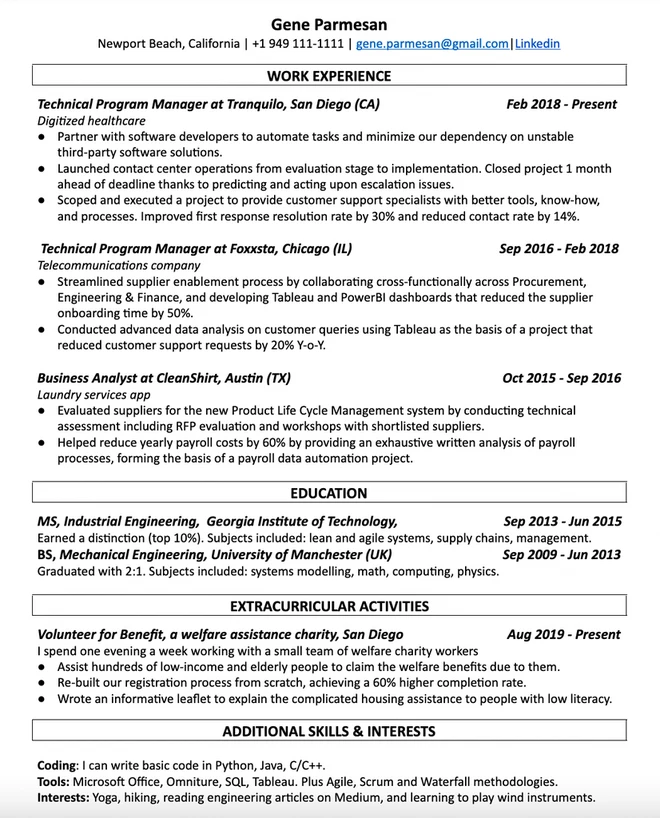All Categories
Featured
Table of Contents

Communicate these issues to appropriate job teams, follow up up until there's a solution, and report the client resolution. Ensure that all tasks are following their budgets and distribution times. Make a practice of tracking job landmarks and dependences. Consist of these things in your routine reports. Team up with other relevant divisions, including the item, sales, and support departments.
Establish a system to strategy, track, and record every single program you handle. At the very least 4-6 years of experience in program management with IT tasks is vital.
Advancement is nitty-gritty when it pertains to the modern technology industry, and within that standard, there's a behind-the-scenes orchestrator making certain every little thing runs seamlesslythe Technical Program Supervisor (TPM). This unrecognized hero plays a pivotal duty in the success of tech jobs, bringing order to chaos and making sure that the equipments of development turn smoothly.
Remote Technical Program Manager Jobs
It's a fragile dancing between setting enthusiastic goals and making sure assumptions remain securely grounded in truth - microsoft technical program manager interview. google technical program manager salary. It's not simply concerning creating a plan; it's about executing it flawlessly. TPMs wear the hats of both visionary coordinators and pragmatic executors, ensuring that every step straightens with the overarching task purposes

In the vast landscape of technology jobs, effective communication is the bridge that connects inconsonant groups and stakeholders. Here, TPMs shine as adept translators, deciphering the elaborate language of tech for non-technical stakeholders. They bridge the void, ensuring that every person, regardless of their technological history, comprehends the task's objectives and progression.
They possess the insight to determine potential mistakes, ranging from unforeseen technical challenges to external factors beyond the group's control. TPMs establish methods to reduce risks, ensuring that the job sails through stormy weather with durability.
Here, TPMs tackle the function of allocators-in-chief, purposefully dispersing sources to optimize efficiency. From human resources to budgeting, they guarantee that the job has the appropriate people with the ideal skills and the necessary devices at every stage. Consistent analysis and adjustment are essential. As the project landscape shifts, TPMs reapportion resources dynamically, making sure that the team continues to be nimble and responsive.
Tpm Remote Jobs
In a globe where innovation is king, preserving top quality requirements and stringent top quality assurance is non-negotiable. TPMs, in this respect, become the gatekeepers of quality. They established rigorous requirements for each element of the job, from code to design, making certain that the end product fulfills or surpasses the specified criteria.
TPMs develop a culture where excellence is not just an objective but a behavior, penetrating every element of the task. Via their careful oversight, they impart self-confidence in stakeholders and contribute to the long-term success and credibility of the company. Being a successful TPM calls for greater than simply a propensity for project management.
Technical Project Manager Certification
While TPMs may not be coding wizards, they require a solid understanding of the technical landscape. This includes familiarity with the modern technologies included, an awareness of market fads, and the capacity to comprehend the ramifications of technological decisions.
TPMs are the communication nexus of a project. Whether it's conveying intricate technological information to a non-technical target market or fostering cooperation among team participants, effective communication is non-negotiable.
Strategic assuming includes preparing for obstacles, visualizing the task's trajectory, and aligning it with broader organizational objectives. As innovation progresses, so does the function of the TPM. In the last few years, the landscape has seen a change in emphasis from conventional project administration to an extra dynamic and adaptive method. Agile has become greater than just a buzzword; it's a way of life for many TPMs.
, has become a cornerstone in the TPM's toolkit. In the age of large information, TPMs are significantly depending on data-driven understandings to inform their decision-making procedures.
What makes a good Amazon Tpm Interview Process?

Unlike conventional task supervisors, TPMs need to deeply recognize the technical facets of the tasks they handle. This dual knowledge permits them to communicate with engineering teams successfully, recognize technological challenges, and ensure that projects are finished in a timely manner and within budget. Whether you're seeking to hire a TPM or become one, comprehending the duties and skill collections needed is critical for success in the technology market.
The training courses cover vital subjects such as project lifecycle management, risk evaluation, source allowance, and software program development procedures. With a concentrate on real-world applications, our training guarantees you are prepared to handle the intricacies of technical tasks in any kind of industry. Making an accreditation can substantially enhance your career prospects, showing to companies that you have the expertise and abilities needed to prosper in a TPM duty.
From startups to Fortune 500 companies, organizations across the globe are looking for certified professionals to lead their technological programs. Whether you're wanting to hire a TPM or are interested in TPM jobs, TPM Institute can help you navigate the job market and connect you with the best possibilities. Our courses are not nearly learning; they are concerning introducing your profession in among one of the most desired areas in the technology industry.
Our are dedicated to supplying you with the ideal feasible education and learning, offering insights based in real-world experience. They are devoted to helping you accomplish your accreditation and prosper in your job. To find out more concerning our programs and accreditations, at Take the following action in your profession with TPM Institute and end up being a leader in technical program management.
Top Technical Program Manager Jobs
There's a propensity for folks to incline extremes when conceptualizing technological program managers. They're commonly explained as either always taking part in coding or not at all. The reality is there is a range of technical deepness amongst TPMs, and this oftentimes varies by project and customer. Some tasks call for a leader with simply adequate technical depth to understand technology design and trade-offs.
They can verbalize intricate technological principles to non-technical stakeholders and facilitate partnership between diverse groups. TPMs stand out at identifying and fixing concerns that arise during project implementation, guaranteeing that jobs stay on timetable and within budget plan.
TPMs function to make sure that all team members are working in the direction of the very same goals, stopping miscommunication and lost effort. TPMs proactively resolve potential concerns, decreasing the probability of job delays and failings.
TPMs function to make sure that all group members are working towards the very same goals, stopping miscommunication and wasted effort. TPMs proactively address possible problems, reducing the probability of task delays and failures.
Latest Posts
How To Think Out Loud In A Technical Interview – A Guide For Engineers
How To Optimize Your Resume For Faang Software Engineering Jobs
The Ultimate Roadmap To Crack Faang Coding Interviews